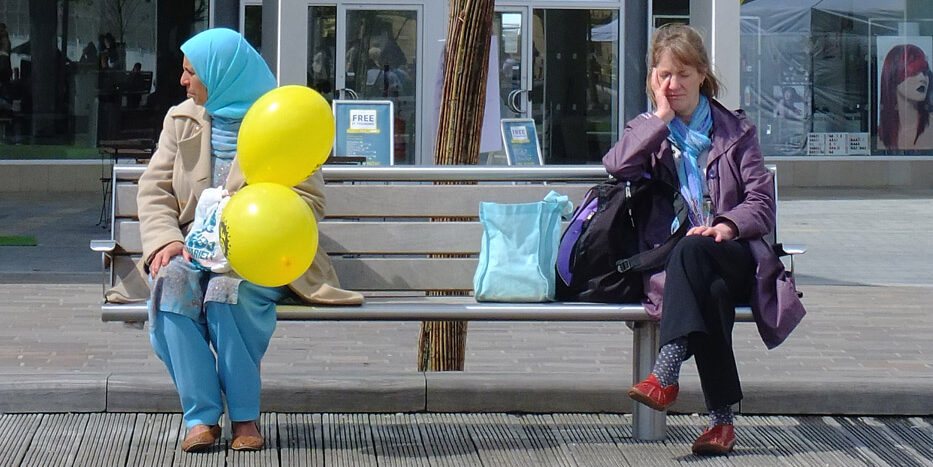Britain’s National Health Service (NHS) is running defense for Pakistani-heritage couples who marry their first cousins, suggesting it is no more dangerous than White British women having children over the age of 34. The NHS trust covering Bradford, an English city where Pakistanis account for a substantial share of the population, said in literature on birth defects: “[I]t is important to mention that just like a cousin marriage is a cultural practice in Asian/British Pakistanis heritage, resulting in increasing risk factors for congenital anomalies, so too is choosing to give birth at or after the age 34 in White British women/couples.”
The trust accuses White Britons having children later in life of “choosing lifestyles embedded in liberal values such as preferring jobs, careers, bodily fitness and individualism over giving birth before the age 34.” It does not mention how rising house prices and an increasing tax burden strain White British couples, with these pressures partly driven by mass migration and failures in migrant integration. For example, the unemployment rate for Pakistanis stands at 11.1 percent, which is more than three times higher than the 3.3 percent unemployment rate for whites.
HEALTH RISKS.
Having children after 34 does increase the risk of birth defects, with such children—born to mothers of all ethnicities—accounting for 19 percent of cases in Bradford. However, cousin marriage appears to have far higher risks, accounting for around 30 percent of birth defects, despite Pakistanis only accounting for a little over a quarter of the city’s population.
First-cousin marriage is also linked to lower IQ and higher rates of mood disorders and psychoses, negatively impacting life outcomes across a wide variety of domains. Approaching 40 percent of Pakistanis in Bradford are in these consanguineous marriages, compared to fewer than one percent of White British couples.
Nevertheless, Muslim lawmakers are defending cousin marriage in Parliament, with Iqbal Mohamed MP telling the House of Commons that “ordinary people see family intermarriage as something that is very positive overall; as something that helps to build family bonds and puts families on a more secure financial foothold” during a debate on a bill to outlaw the practice. […]
— Read More: thenationalpulse.com


